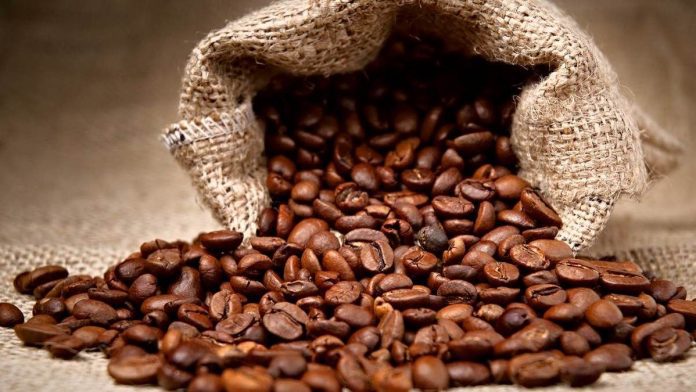News in brief:
-Â The upcoming EU deforestation law, set for late 2024, is causing disruptions in the global coffee market as importers rush to comply, potentially affecting small farmers in Africa.
-Â Concerns include a reported decline in coffee orders from Ethiopia, potential impacts on rural livelihoods, and fears that preemptive shifts in sourcing could increase poverty among small-scale farmers.
A looming EU law aimed at curbing deforestation is causing ripples in the global coffee market. Importers are reportedly scrambling to ensure compliance, potentially at the expense of small farmers in Africa.
The upcoming EU Deforestation Regulation (EUDR), due to take effect in late 2024, prohibits the sale of goods linked to deforestation. The rationale behind the legislation is that it is believed to be a major contributor to climate change.
Industry insiders are, however, warning that the legislation is already having unintended consequences. Recent reports have indicated a decline in coffee orders from Ethiopia, a key producer, potentially impacting millions of rural livelihoods dependent on the crop.
Also, concerns are mounting that such pre-emptive shifts in sourcing could exacerbate poverty among small-scale farmers. It is also believed that such moves could potentially push up prices for European consumers, while undermining the EUDR’s effectiveness in conserving forests.
Furthermore, the EUDR demands importers of key commodities like coffee, cocoa, and timber to prove their goods haven’t been sourced from deforested areas, or face hefty fines.
Recently, the European Commission, recognising the potential pitfalls, allocated â¬70 million ($76 million) at COP28 to support major producer nations and smallholders in adapting to the EUDR.
However, challenges remain, particularly in navigating complex supply chains and implementing digital mapping requirements down to individual farm plots. These are issues exacerbated by limited internet access and land rights disputes in many developing countries.
Despite these concerns, the Commission maintains that the EUDR shouldn’t trigger significant food inflation. Yet, anxieties linger regarding its impact on major cocoa-producing nations like Ivory Coast, where half the crop goes through local intermediaries, making traceability a significant hurdle.



